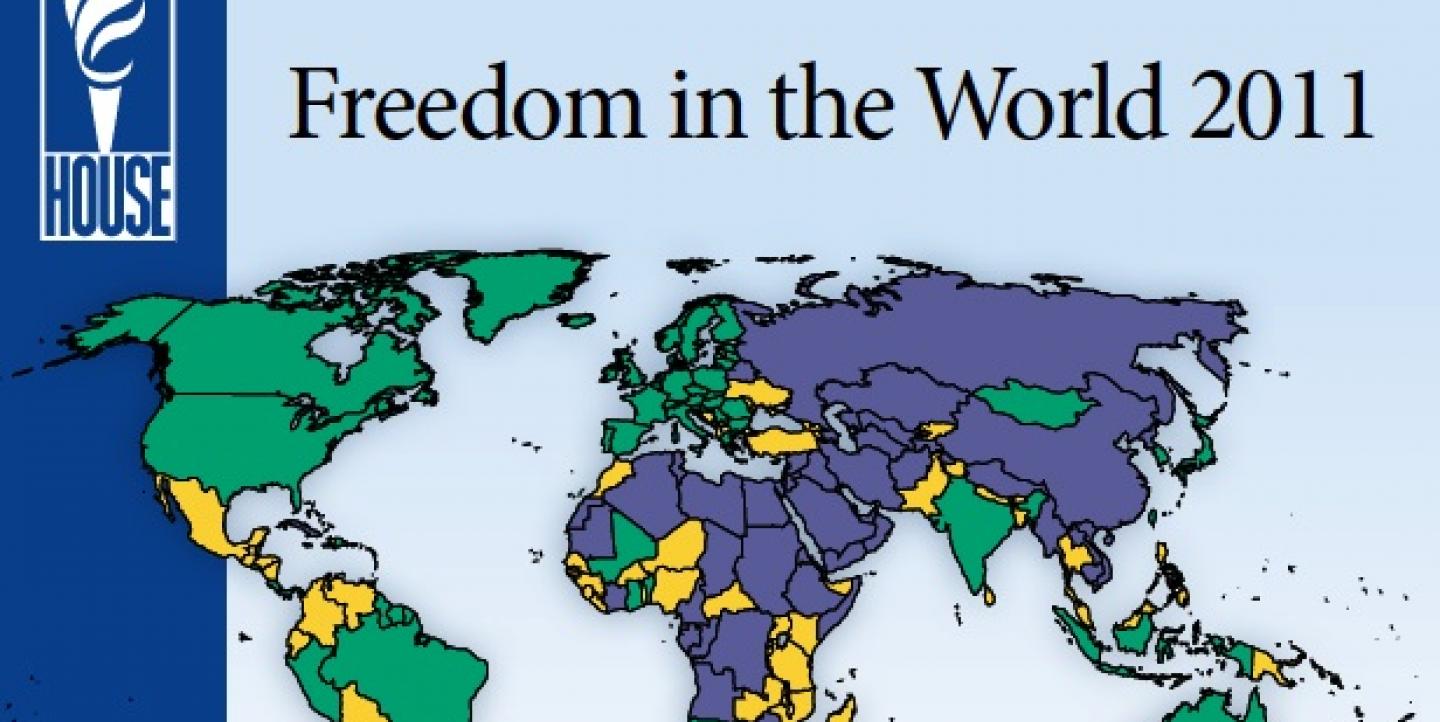Authoritarian regimes, which have long cracked down on journalists, are now turning to digital media to restrict press freedom.
According to the latest Freedom House report, only one in six people across the globe had access to free and independent media last year, the lowest number in the past decade.
Governments’ increase in control over new media was only partially to blame for poor levels of press freedom in 2010. Other factors in press freedom restrictions include organized crime syndicates, violence against journalists and lack of media diversity.
“New technologies should not mean new forms of censorship. Unfortunately, that’s what we’re seeing,” said Frank LaRue, who works on press freedom issues for the United Nations in Guatemala.
LaRue spoke as part of a panel of press freedom advocates and journalists discussing the role of digital media in promoting independent media on Monday at the Newseum in Washington, D.C., as part of the World Press Freedom Day events.
Despite attacks on press freedom, authors of the Freedom House report also pointed to protest movements in North Africa and the Middle East as signs that technology can change the media landscape for the better.
“The Internet provides a free space in oppressive environments,” said Karin Karlekar, one of the Freedom House report’s authors.
Panelists repeatedly underscored that protecting press freedom has the same fundamental importance in digital media as it does in so-called old media — and governments who crack down on social networking and blogging should be held equally accountable.
Although the theme of the event was the digital age, there was also emphasis placed on supporting traditional press freedom in countries that do not yet have access to new technology.
“Computer access is still elitist and elusive across much of Africa and print media is growing. We can’t promote the new at the expense of the old,” said Gwen Lister of the Media Institute of Southern Africa.
Others argued that press freedom reports need to adjust to the new reality that digital media has created.
Eric Newton of the John S. and James L. Knight Foundation said press freedom reports in the future should take digital capacity into account, such as the number of cell phones in a country.
“If the pen is mightier than the sword, just think what a mobile phone can do,” Newton said.
The United Nations Education, Scientific, and Cultural Organization (UNESCO) organizes World Press Freedom Day commemorations to celebrate the fundamental principles of press freedom; to evaluate press freedom; to defend the media from attacks on their independence and to pay tribute to journalists who have lost their lives in the line of duty. For complete information on the 2011 World Press Freedom Day global conference in Washington DC, visit the official site here.

